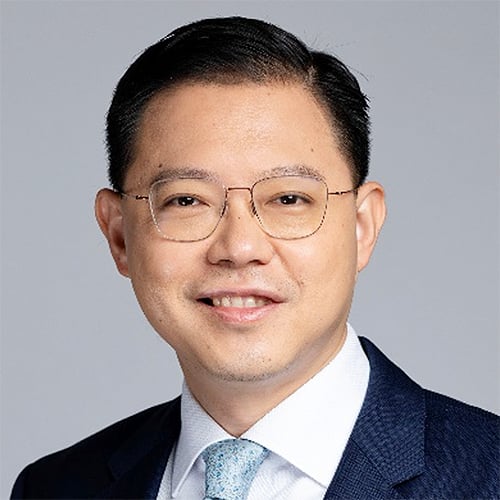The growth momentum in Asia's mutual fund industry is continuing at a steady pace despite uncertainties in global markets, with opportunities awaiting managers that are still keen to place their bets on the region.
In 2018, markets were rocked by various headwinds, from fears of rising interest rates and trade tensions to slowing economic growth in China. In the midst of volatility, however, Asia's asset management industry remains dynamic, with recent developments worth keeping tabs on.
These include evolving regulations in China aimed at market liberalization, and allowing banks to set up wealth management subsidiaries. Moving forward, with competition expected to increase as the landscape becomes more diversified, managers must arm themselves with investment expertise and technology.
In the area of fees, the Taiwanese regulator undertook initiatives in late 2018 to reduce fund churning; these included placing a ban on charging initial fixed fees for marketing and sales campaigns, and revising the calculation of commissions, basing these on net sales instead of gross sales. Over in India, the regulator took measures to lower costs incurred by end investors, by directing fund houses to move to a trailer fee-based model of commission in October last year.
New research from Cerulli Associates, a global research and consulting firm, finds that Asian mutual fund assets expanded by 19.5% in 2017, an improvement over the 5.7% increase seen in 2016. These grew 8.2% in the first nine months of 2018; China accounted for the largest share of the pie at 53%, followed by Japan at 16.5%.
The retirement space is also heating up as Asia ages. Cerulli expects total retirement assets in China to surpass 9 trillion yuan (US$1.3 trillion) by 2022, providing more outsourcing potential. In Korea, target-date fund assets more than doubled over the first nine months of 2018; Cerulli believes this segment will be an opportunity for foreign players to build their presence in Korea, as they can partner with local players to launch such products through subadvisory and feeder agreements.
Regulators are taking measures to build Hong Kong and Singapore as Asia's fund management hubs. In Hong Kong, open-ended fund company regulations introduced last year allow managers to launch funds under a new corporate fund structure in addition to the current unit trust form. In Singapore, the Variable Capital Companies (VCC) bill was passed last October, aimed at domiciling funds in the city-state. Cerulli is of the view that these measures to build fund domiciles will bear fruit only over the longer term.









